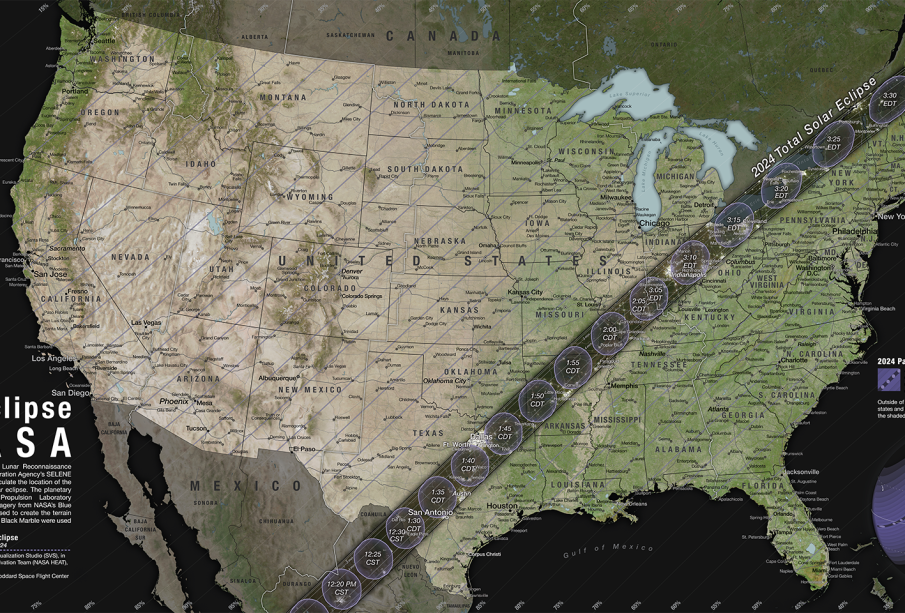Exploring Solar Eclipses: Events Worth Watching

Introduction
Solar eclipses are remarkable astronomical events that occur when the Moon passes directly between the Earth and the Sun, causing the Sun to be partially or fully obscured. These natural phenomena hold significant importance not only for science and astronomy but also for cultures and traditions around the world. With the next total solar eclipse occurring on April 8, 2024, interest in solar eclipses has surged, making it essential for both enthusiasts and spectators to understand their significance and history.
Types of Solar Eclipses
There are three main types of solar eclipses: total, partial, and annular. A total solar eclipse can be observed in a narrow path across the Earth’s surface, where the Moon completely covers the Sun. During a partial eclipse, the Moon covers only a part of the Sun, while an annular eclipse happens when the Moon is too far from the Earth to completely block the Sun, leading to a “ring of fire” effect. Each type reveals unique celestial phenomena and is characterized by varying degrees of darkness and visual spectacle.
Historical and Cultural Significance
Throughout history, solar eclipses have captivated humanity, often being viewed as ominous signs. Ancient civilizations, such as the Mayans and Chinese, recorded eclipse events and sought to understand their meanings. Today, solar eclipses serve as opportunities for scientific study, as they allow astronomers to observe the Sun’s outer atmosphere, known as the corona. These observations contribute to our understanding of solar physics and the Sun’s influence on Earth.
Upcoming Solar Eclipses
The 2024 total solar eclipse has garnered significant attention, as it will be visible across North America, including parts of Canada, the United States, and Mexico. This event is expected to attract thousands of spectators, astronomers, and tourism, highlighting the economic and cultural impact of such celestial events. Citizens are encouraged to take safety precautions, such as using protective eyewear or solar viewers, when observing solar eclipses to avoid eye damage.
Conclusion
In summary, solar eclipses are not only breathtaking visual phenomena but also significant scientific events that enhance our understanding of the universe. With the 2024 total solar eclipse on the horizon, educational institutions, and communities are preparing to engage with the science behind these events, offering an opportunity for discussion, discovery, and excitement. Whether for scientific curiosity or cultural enjoyment, solar eclipses continue to inspire awe and wonder across generations.









